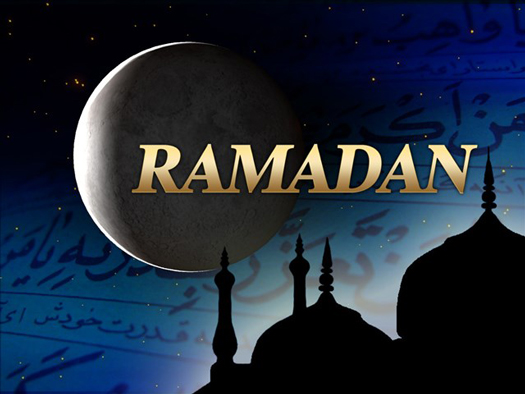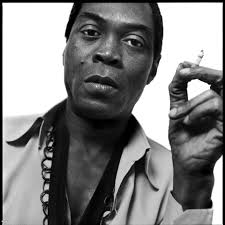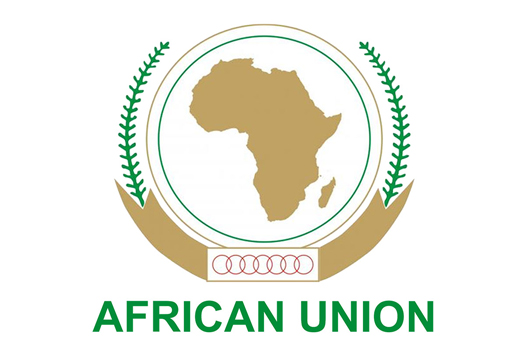
What to expect visiting an African Islamic country during Ramadan observance
Visitors to Islamic countries need to be aware of the local customs, including the annual observance of Ramadan. Though you’re not expected to participate in the month long fast, it’s important that you respect local customs and not, according to the online travel site trip savvy.com, eat or drink during daylight hours in public.
“Muslim-owned restaurants and those that cater to local people are likely to stay closed from dawn to dust, so if you’re planning on eating out, book a table at a tourist restaurant,” the website advises.
Another alternative is stocking your hotel room with food stuffs purchased from the local grocery stores and food markets.
Long days of fasting means hunger pains and reduced energy, while nighttime celebrations and late meals mean sleep deprivation is at an all-time high. This means the traveler must be as “tolerant,” under such circumstances, as possible.
A third of the global Muslim population lives in Africa. Islam is Africa’s fastest- growing religion “with over 40 percent of the continent’s population identifying as Muslim.” Islam is the “predominate” religion in 28 nations, mostly North and West African, the Horn of Africa and the Swahili Coast. Major tourist destinations with majority Muslim populations include Morocco, Egypt, Senegal and parts of Tanzania and Kenya.
Taking issue with Trevor Noah saying Trump is like corrupt African dictator

President Trump is like a corrupt African dictator, Daily Show host Trevor Noah said on CNN’s Reliable Sources. Africans, including former South African president Thabo Mbeki, might take issue with the comedian’s description, saying last year that large commercial corporations are far bigger culprits of billions of dollars of “illicit outflows” out of Africa or corruption than African leaders.
Also chiming in could be Sudanese Philanthropist, billionaire Mo Ibrahim who recently asked the question, “why focus on African corruption?” What about Chinese, American and European corruption, that make African corruption look like child’s play? he asked.
In all fairness to the Comedy Central show host, his actual words on Reliable Sources included, “I’ve said from the very beginning that Donald Trump reminds me of an African dictator and if you know anything about African dictators, the first thing that you have to do is follow the money and you follow the money with the closest people to them.”
Matthew Page, a researcher and analyst, who is a consultant with Transparency International, speaking about corruption in Africa, said, “What is lacking in that discussion is the facilitation that occurs in the international financial system and especially in the United States and United Kingdom financial systems.”
Page said it’s not necessarily the African leaders but it’s the global “system and how it works. A big part of it is the ability of anyone, including Nigerian elites to set up anonymous shell companies. And you can do that in secrecy jurisdictions outside of (and inside) the U.S. and the UK.”
Using music of Fela Ransome-Kuti to teach African law, fight against international corruption

The headline “Fela’s music can decolonize international law in African universities” says it all. International law, as currently taught in Africa is steeped in its rigid “eurocentric context,” linking development of law to European history and referencing European thinkers as the “fathers” of the subject.
“Fela,” according to Babatunde Fagbayibo, associate professor of international law at the University of South Africa, “is an important source because he was a revolutionary as well as an intellectual who was steeped in the struggle against sulted in the killing of over 50 Palestinian demonstrators, while many more were wounded. The relocation of the United States embassy to Jerusalem can only further heighten tensions in the region and complicate the search for a lasting solution to the Israeli-Palestinian conflict, he said. social injustice in Africa. His music speaks to issues that are raised by critical scholars on the need to reform the teaching and practice of international law. These include issues such as illicit financial flows from the global South, the marginalization of Africa on the world stage and the masking of Eurocentric values and opinions as ‘universal’ standards. Fela was able to use his radicalism and eloquence to expose this unjust order of things.”
In his song “International Thief Thief,” using his pig Latin script he addressed illicit financial flows from Africa:
“Many foreign companies dey Africa carry all of our money go (Many foreign companies operating in Africa illegally take our money out) Dem go write big English for newspaper, dabaru we Africans (then they will write complicated English in newspapers to confuse us Africans) Dem go cause confusion, cause corruption, cause oppression, cause inflation (As a result of this, they cause confusion, corruption, oppression, inflation).”

In “International Thief Thief” he reflects critical issues raised at historical moments, such as the Third World Approaches to International Law, a network of scholars who explored the inherent contradictions and inequality of the global system.The African Union condemned Israel for massacring unarmed Palestinians
The African Union strongly condemned Israel for killing dozens of Palestinians in the besieged Gaza Strip. In a statement, African Union chair Moussa Faki Mahammat said the “disproportionate use of force by the Israeli army” re-sulted in the killing of over 50 Palestinian demonstrators, while many more were wounded. The relocation of the United States embassy to Jerusalem can only further heighten tensions in the region and complicate the search for a lasting solution to the Israeli-Palestinian conflict, he said.
The AU reiterated its solidarity with the Palestinian people in “their legitimate quest for an independent and sovereign state with East Jerusalem as its capital.”
In addition, Mahamat called on the international community to search for a lasting two-state solution.
Justice for Noura Hussein Daoud
Noura Hussein Daoud, a 19-year-old Sudanese woman who at age 16 was the victim of an arranged marriage, was convicted of murder for killing her husband. She initially refused the marriage between her and her cousin. After three years she was deceived to return home. When she returned, she discovered to her surprise the wedding ceremony in progress. On April 28, 2017, she was married against her will and sent to live with her husband. When she refused to consummate the marriage, her husband, according to reports, recruited family members and held her down while he “raped” her.
On May 3, 2017, the husband tried again to have sex with Noura, but again she refused. This time he brought a knife to the bedroom and threatened her to submit. During the course of the rape a struggle ensued, Noura managed to grab the knife and in self defense, in the heat of the struggle, she fatally stabbed him.
She ran to her immediate family’s home. They turned her over to the authorities. A trial was held and she was convicted of first degree murder with a sentence of death by hanging.
During the trial, Dr. Ali Baldo, the psychiatrist who served as an expert witness, concluded that Noura suffers from psychological trauma and needs care. Moreover, one of the accomplices of the rape admitted that he was one of the individuals who held Noura down while she was being raped.
With the hashtag #JusticeForNoura and #SaveNoura many human rights organizations and activists, including Concerned Sudanese-Americans of the Greater Washington Area, are calling for justice for Noura.












